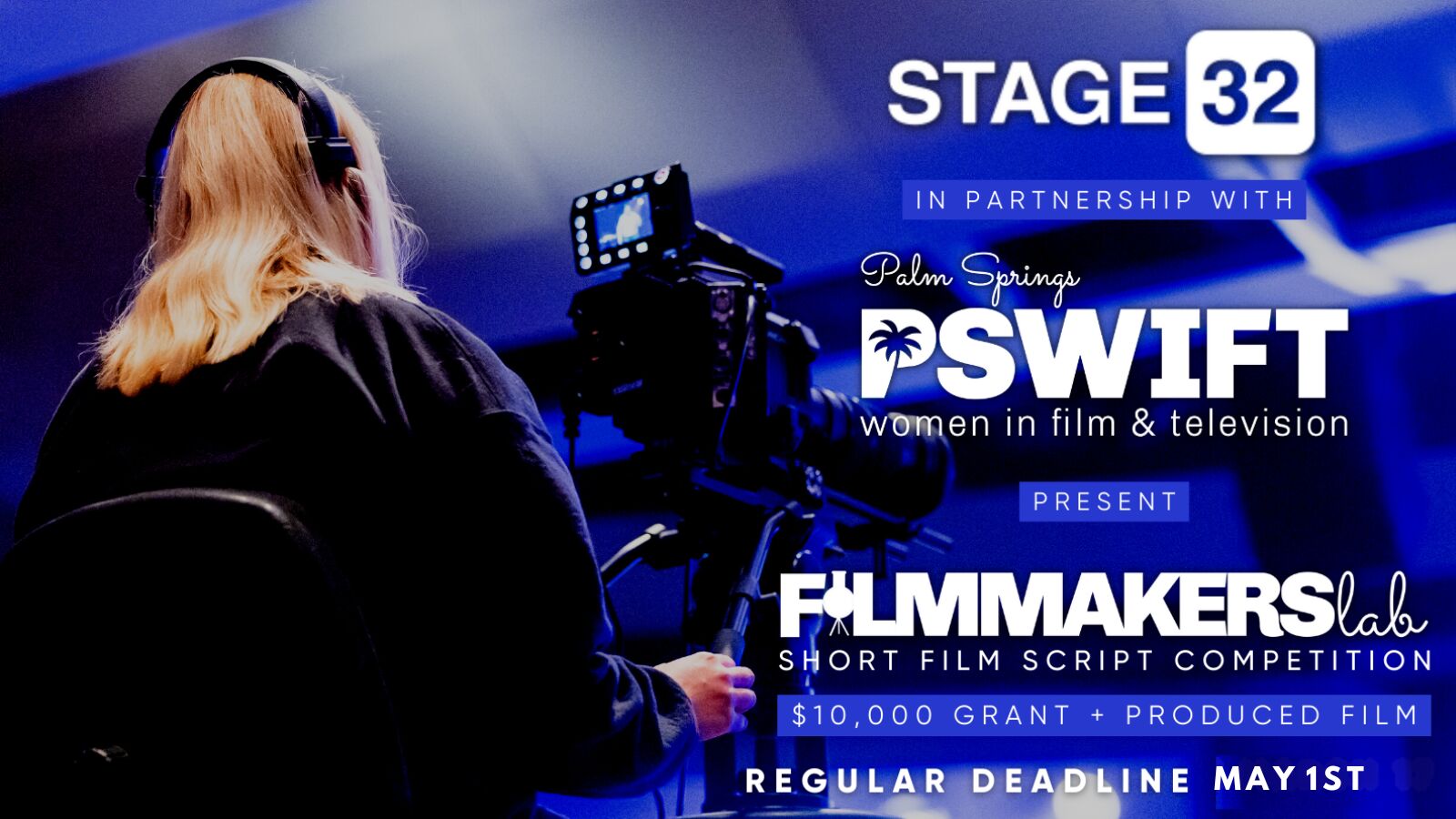I have a problem with my script - Am I guilty of plagiarism or not? My story is set in 1649 in Ireland during Cromwell's occupation. It revolves around a fictitious witch trial. A greedy, powerful army officer is intent on taking control of a vacant estate and he uses the witch trial to consolidate his position - anyone who dares stand-up to him is accused of witchcraft. My problem is this: the vehicle to start the accusations is similar to "The Crucible" in that it involves a group of young girls innocently trying to divine their future husbands. In my story, the girls are accused of murder after the death of a soldier. He is trying to rape one of the girls and she stabs him in self-defence. At first it is just a murder trial, but when various innocent items are found with the bloodied weapon, it becomes a witch trial because such a thing suits the greedy officer better and he is able to twist events to fit the idea of witchcraft. Is this too similar to the Crucible? Is it plagiarism, or derivative, or is it OK?. My story is nothing to do with mass hysteria or McCarthyism or anything like that - it is actually a metaphor for modern corporate greed and the tools the socio-political elite can employ to keep the common person in his place - but please don't let any political philosophy cloud your views just yet! I would love some direction on this. Many thanks



1 person likes this
It seems to me that the only similarity is to the fortune telling activities of Tituba, Betty Paris and the other girls. This is actually from the historic record, the same record Miller drew upon. Don't see how that would be considered plagiarizing The Crucible.
1 person likes this
Thanks James, that's quite reassuring - I was all set to throw the script away! Obviously I'm familiar with the Salem Witch Trials and The Crucible but I have specifically avoided re-reading the play for fear of subconsciously absorbing ideas. The last time I read it / saw the film was about fifteen years ago.
Hi Simon. I don't see any plagiarism issues. My only question is, why are you setting it in 1649 Ireland and around a 'fictitious witch trial'? What is the significance of that period and place, is it based on real events? If it is, then it makes sense. If not, I don't see the connection between Cromwell and the witch trial. Maybe the only thing you're guilt of is trying to force a similar period and plot device for the purpose of exploring deeper present day issues. The Salem witch trials actually happened - so that was a good fit. Use it as an inspiration to find an equally real historical event (you have already mentioned Cromwell) to do the same. Most Irish people are familiar with Cromwell, but I'm not aware of any witch trials per se.
Cool. FYI, here's a nice collection of original documents: http://salem.lib.virginia.edu/home.html
1 person likes this
Hi Eoin - numerous reasons: 1. It's never been done before (to my knowledge) 2. Puritan troops believed in witchcraft 3. The Irish didn't have a problem integrating folk customs with the Catholic Faith so the idea of a witch trial was alien to them (there were only four recorded witch trials in Irish history and all were Protestant) - therefore it creates "Shock and Awe" for the story. 4. There is the natural conflict between Irish rebels and Cromwellian forces that the story exploits. 5. The English enacted The Adventurers' Act in a massive land-grab which suits this story down to a tee. 6. The Antagonist, as an English "Puritan", would be perfectly happy to use the idea of witchcraft to spread fear in the community. 7. The extreme puritans saw "popery" as a form of witchcraft. 8. Witch trials are scary and appeal to an audience on a very basic level (at least in European culture). There are lots more reasons - trust me
1 person likes this
Thanks for the link James!
A witch trial is always plausible when Puritans are around.
No way is this plagiarism. So they have a few similarities. If doesn't matter.
Thanks guys!
Plagiarism has to do with lifting 'words' or 'ideas' directly from another person's work and passing it off as your own. To some, the use of a few words in a phrase (like less than five) is not considered stealing. However, if you use the specific language or imitate another writer too closely it could be plagiarism, but not similar concepts and ideas. Think about Armageddon and Deep Impact, right? Both are stories about an asteroid about to impact the earth and destroy it. Both send missions to space to blow it up. Both fail on the first pass, then they both end with a final sacrifice-- someone must give their life to save all of humanity. There are a lot of similar beats in both movies, but they are very different from one another, also? One's more action, one more drama. The execution of both is unique to themselves even though the concept is the same. That specific example is called parallel development and it happens all the time-- that's what those NDA are all about.
1 person likes this
You cannot copyright an idea, only the execution. So, you're good. :) However, is it derivative? Maybe? Depends on how similar your story is to your inspiration. Perhaps, make sure you give it a fresh twist. :) Best to you!
sounds like homage.
An alternative, which might help, would be to use an historical case... e.g. the Pendle witch trial http://en.wikipedia.org/wiki/Pendle_witches it could be tailored to give the same corpotate greed slant... there's even a museum with artefacts etc...
Thanks for that Anthony. Many years ago I looked very closely into the details of that case because some of my family lived in that area at the time - and in Salmesbury too. The reason I want set my story in Ireland has a lot to do with the whole story set-up. I think it works because of the conflict between Irish Catholic and Protestant / Puritan English. The Irish were so not used to the idea of witch hunts that the whole trial process would be alien to them. They are still reeling from the sack of Drogheda, just days earlier, and the general persecution of Catholic priests by Cromwellian forces. There is also the irony of people being accused of worshipping the devil when the leader of the accusers (Cromwell) would himself be considered the devil incarnate by these very people. Plus - I need a band of desperate rebels to come to the rescue in the middle of the Third Act - I feel this would seem less realistic if the story is set in Lancashire in 1612!
I think you;re right then Simon, with the setup you detail Pendle wouldn't work as well. Good luck with it!